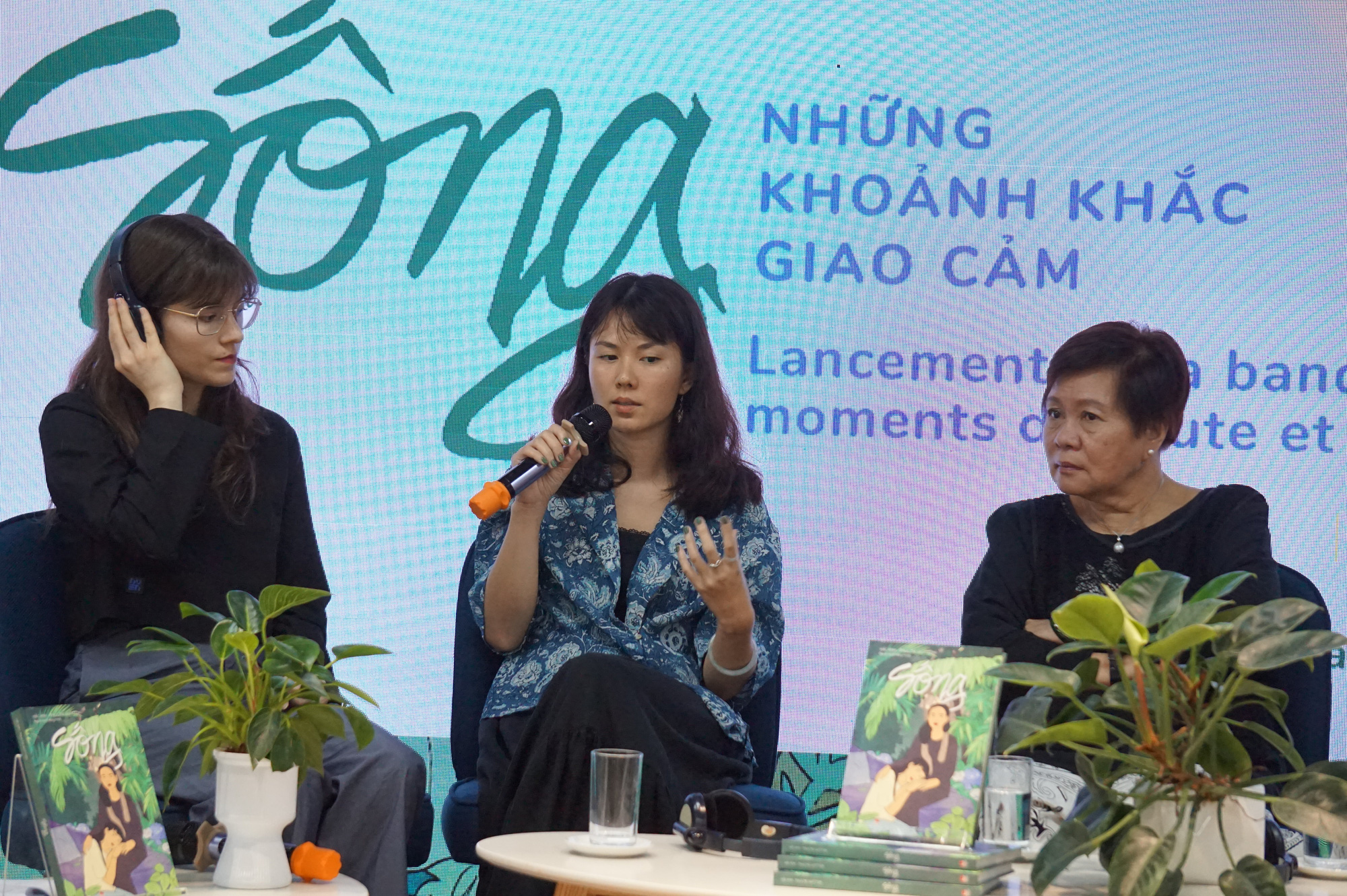
Hai Anh (middle), artist Pauline Guitton (left) and director Viet Linh, the main character in the novel Living at the book launch in Hanoi - Photo: T.DIEU
In early 2024, surpassing many French-language illustrated books, Song won the Prix du Jury oecuménique de la BD 2024. The book was released in Vietnamese by Kim Dong Publishing House.
What made the first work written about history and war by two young Vietnamese and French girls overcome conventional limits and "prejudices" to conquer both French and Vietnamese readers?
Returning to the country is returning to the mother
Living tells two parallel stories between the peaceful present and the war-torn past from the perspective of a daughter born into a Vietnamese family in France, curious about her origins and her mother's glorious past.
And whether present or past, whether war or peace, whether French or Vietnamese culture, it is told from a unique perspective, both universal and very personal. War in particular is seen from a very human perspective.
Hai Anh is the daughter of female director Viet Linh, born in France. In 2020, after obtaining a master's degree in cultural economics and then a degree in cinema, Hai Anh moved to live in Ho Chi Minh City.
The return, the desire to learn about the country, the origin urged Hai Anh to write the first book about his famous mother, during the 7 years from 1969-1975, when she (Linh) lived in the war zone to learn filmmaking, filmed war films, until becoming a famous director in the post-war period.
A mother of a daughter born and raised in a different culture than her own.
War is like that
The graphic novel is like a movie that is staged between the past and the present, allowing people to explore war and the ideals of an entire era from a feminine perspective, from the stories mothers tell their daughters.
War is not about fierce battles, victories or pain, but about a soldier named Nam who is in love and leaves his unit to visit his lover.
The story of little Linh in her early days in the war zone, miserable because of meetings criticizing "petty bourgeois" ways.
It's about the vegetable gardens grown in the forest by the film crew. It's even about the hardships and shame women face during their menstrual periods.
By going back into her mother's past and learning about each pain, Hai Anh finally understood her mother better, loved her mother and her homeland more.
Source






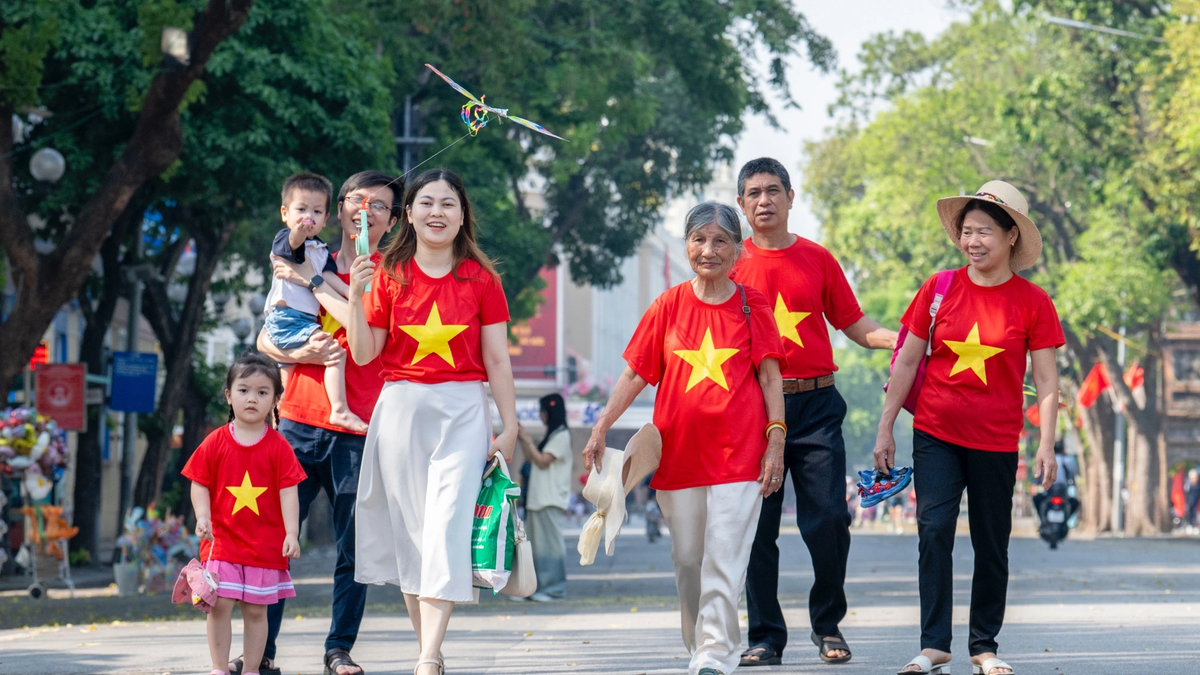
![[Photo] Bustling construction at key national traffic construction sites](https://vphoto.vietnam.vn/thumb/1200x675/vietnam/resource/IMAGE/2025/5/2/a99d56a8d6774aeab19bfccd372dc3e9)
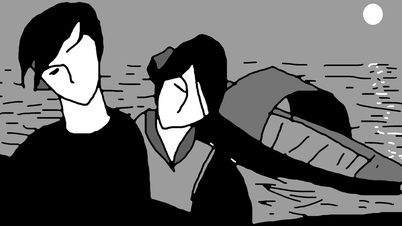







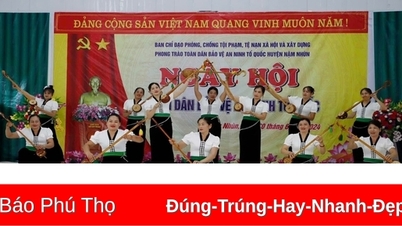


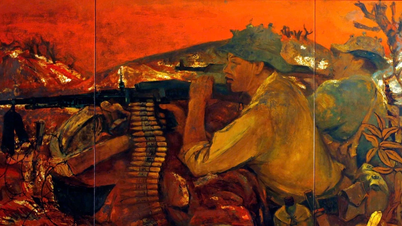
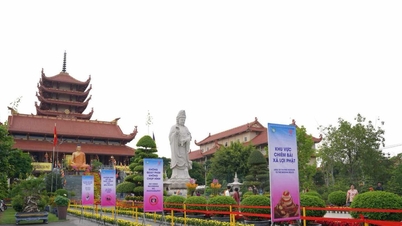







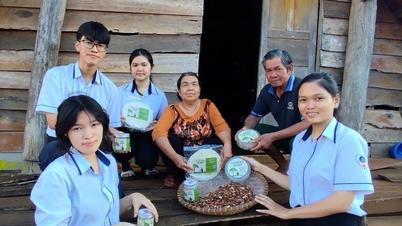



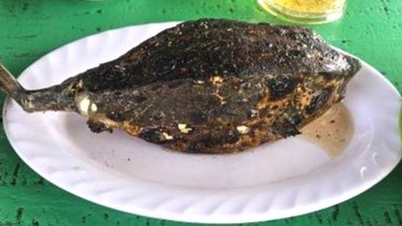

![[Photo] Binh Thuan organizes many special festivals on the occasion of April 30 and May 1](https://vphoto.vietnam.vn/thumb/1200x675/vietnam/resource/IMAGE/2025/5/1/5180af1d979642468ef6a3a9755d8d51)

![[Photo] "Lovely" moments on the 30/4 holiday](https://vphoto.vietnam.vn/thumb/1200x675/vietnam/resource/IMAGE/2025/5/1/26d5d698f36b498287397db9e2f9d16c)






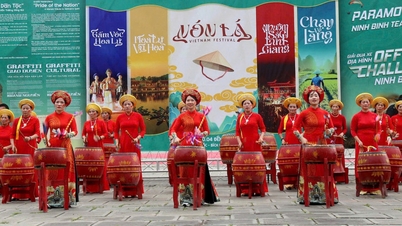

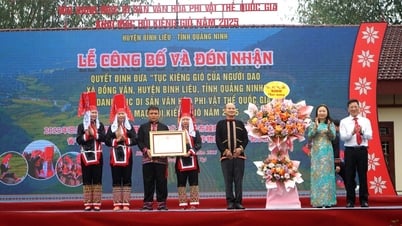


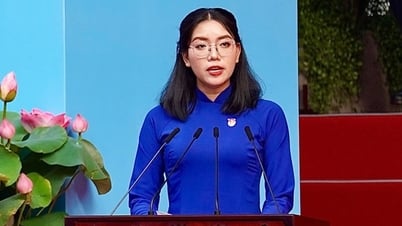

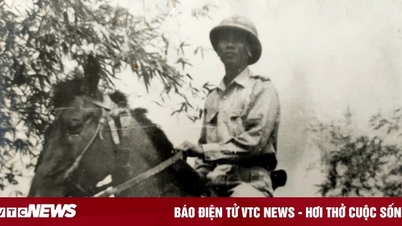


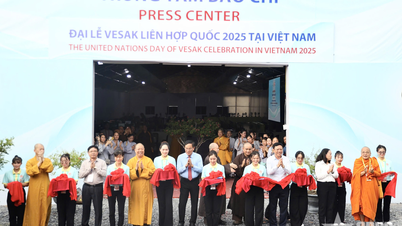

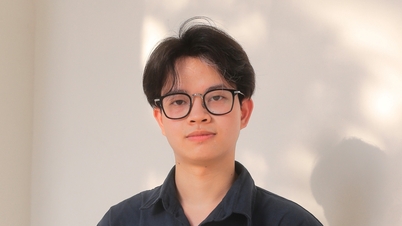








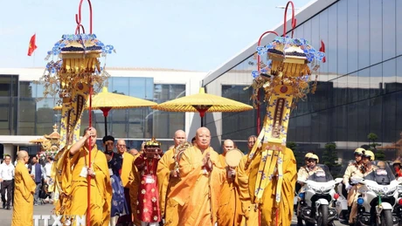


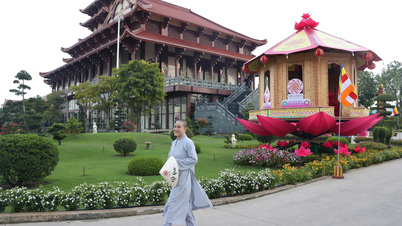
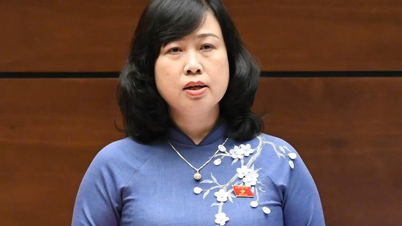




















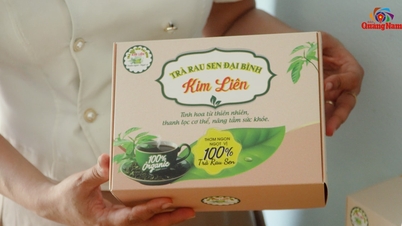







Comment (0)